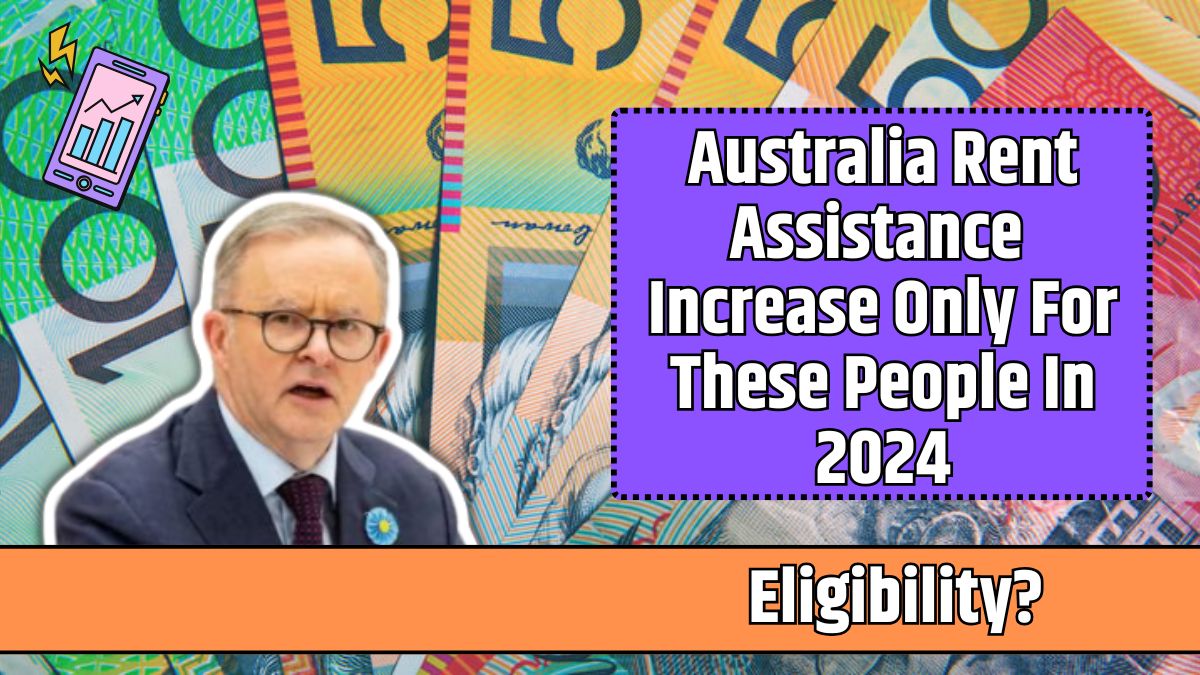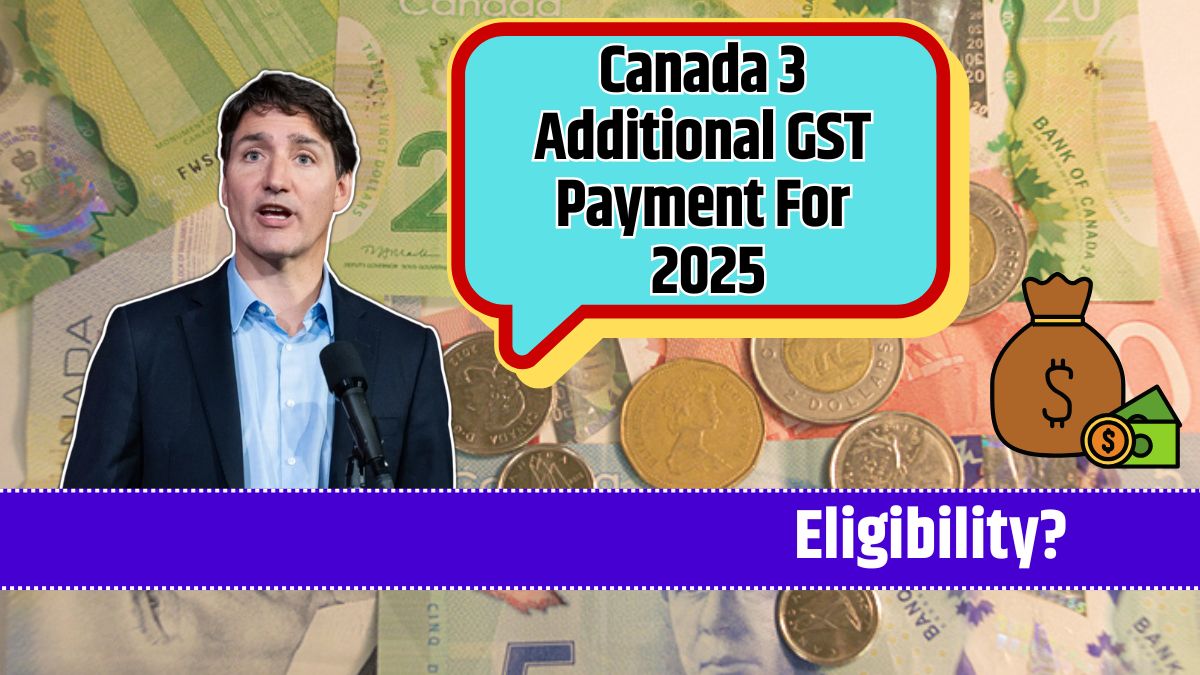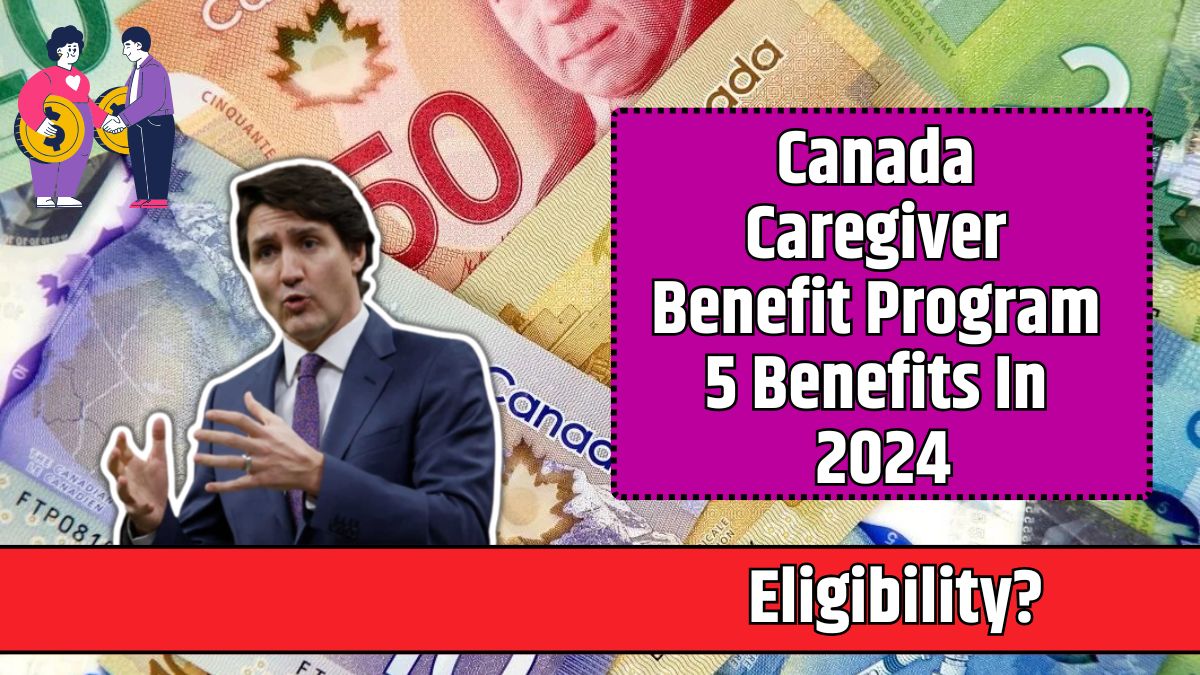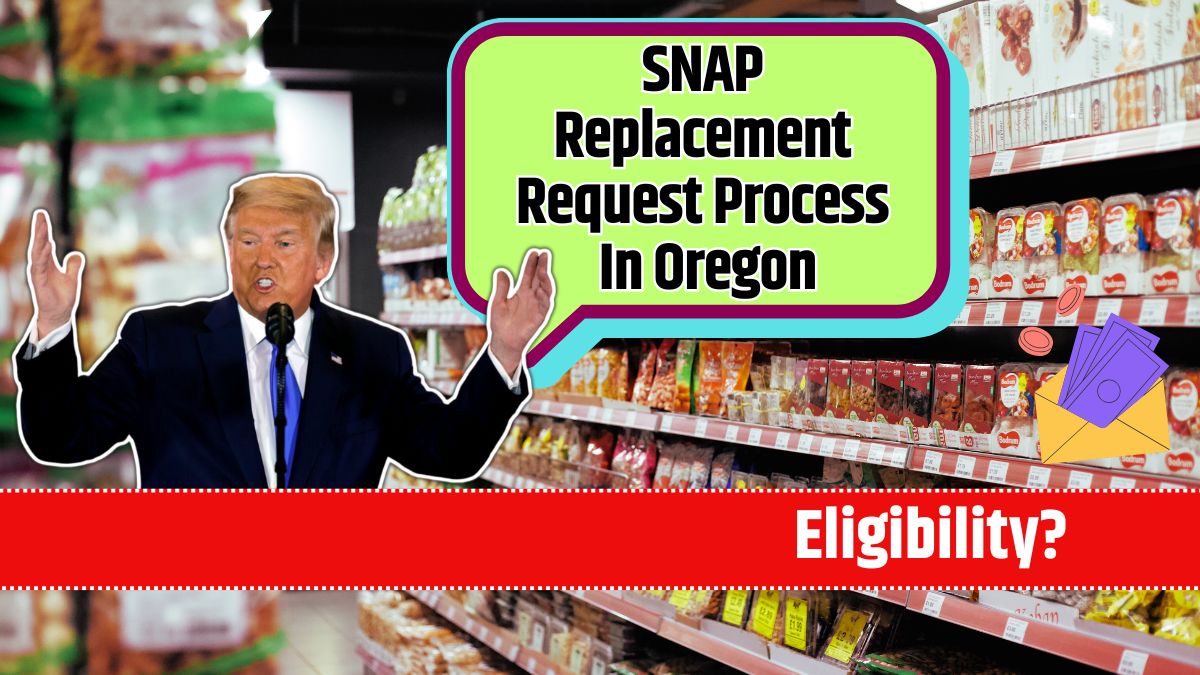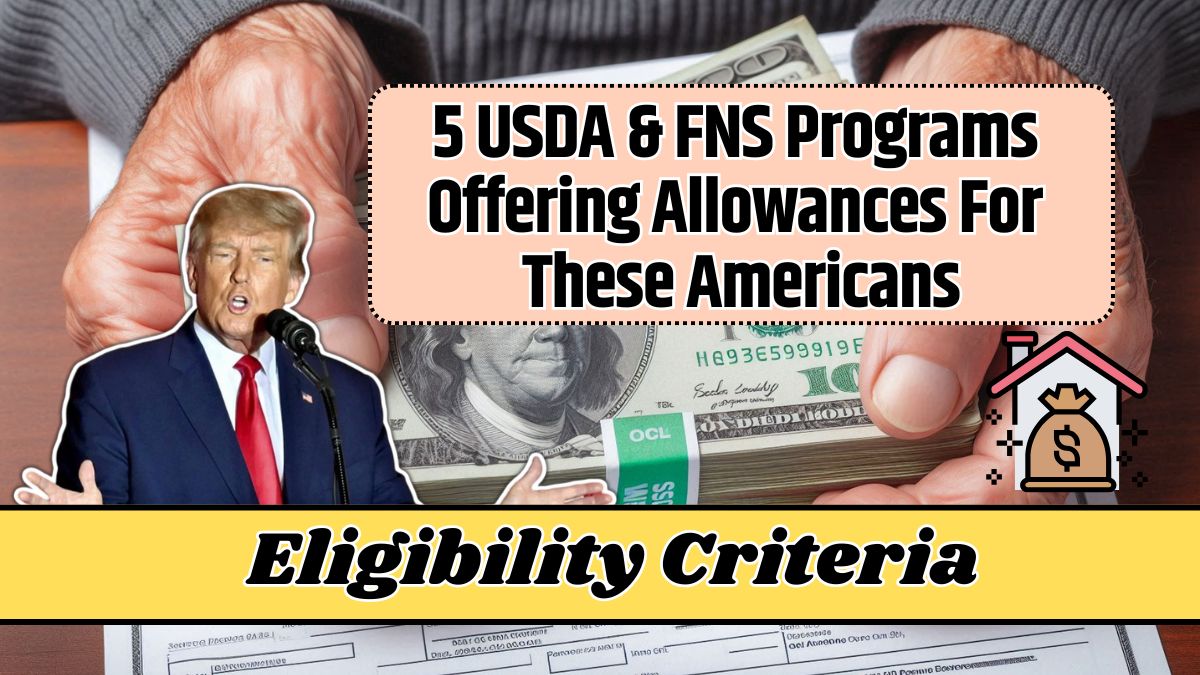Many American families are still struggling with the economic effects of the COVID-19 pandemic. To help, several U.S. states have started new aid programs that give low-income households money every month.
These programs give large amounts of money, usually around $500 a month, to help people who are having a hard time with their finances. The goal of this long-term financial aid is not just to help for a short time; it’s also to build a base for long-term economic growth and security.
These programs are designed to meet the special needs of each community by focusing on groups like low-income families, businesses, and young parents. This makes sure that the help given is both effective and useful.
Nationwide Launch of Monthly Stimulus Checks to Bolster Economic Recovery
The goal of these programs is to provide a constant financial safety net instead of one-time help. This is because the programs know that the pandemic has had big effects on the economy and that longer-term solutions are needed to help those who have been most affected.
California Implements Diverse Financial Aid Initiatives
This part goes over the programs in California that show the state’s all-around approach to financial aid:
- Long Beach Pledge Program: This program is set to begin in 2024 and will provide $500 monthly to 200 qualifying low-income families with children. The aim is to help these families manage better financially for a year, potentially leading to greater economic stability.
- Elevate MV in Mountain View: Starting in December 2022 and running through December 2024, this program targets low-income parents, supporting them with $500 monthly to alleviate their economic pressures.
- Sonoma County’s Pathway to Income Equity: Scheduled to start in January 2023, this program will offer $500 monthly to 305 families until January 2025, aiming to stabilize and improve their economic conditions over two years.
Each California program focuses on a different group of people and area, showing the state’s plan to deal with economic problems from different points of view.
Michigan Focuses on Entrepreneurs and Maternal Health
In Michigan’s part, two specialty schools are highlighted:
- Ann Arbor’s Guaranteed Income to Grow: This program provides financial assistance to low-income entrepreneurs, particularly small business owners, helping to sustain their businesses and, by extension, the local economy. It offers $528 monthly to about 100 individuals from 2024 to 2025.
- Flint’s Rx Kids for New Mothers: This program targets new and expectant mothers and offers significant initial support, followed by monthly payments. It recognizes the critical importance of financial security in the early stages of parenthood.
These programs meet special needs in the community and help the economy grow and improve the health of mothers.
New Mexico’s Targeted Support for Young Parents in Education
Learn, Earn, Achieve Program in Santa Fe: This program is designed to meet the needs of young parents who are going to Santa Fe Community College. The program gives $400 a month to 98 members because it knows how hard it is to be a mom and go to school at the same time.
This financial help, which lasts from January 2024 to the spring of 2025, is meant to lower the costs that would otherwise keep these parents from finishing school. In this way, the program helps families stay together and also benefits society as a whole by helping more people finish school.
New York’s Comprehensive Approach to Supporting Low-Income Mothers
New York City’s Bridge Project: The Bridge Project in New York City is a stable program that started in June 2021 and helps low-income women, who are often at a high risk of losing their jobs. It gives $1,000 a month to 1,200 members and runs other health and development programs as well.
This all-around method includes things that improve moms’ and children’s health and well-being in the long run, in addition to cash help. The Bridge Project shows how large, well-connected support networks can make financial help work better, making long-lasting changes in the lives of those who receive it.
Washington’s Initiative for Growing Resilience Among Low-Income Households
Growing Resilience in Tacoma: This program helps low-income families by giving them up to $500 a month because of the ongoing economic uncertainty. The program, which will run until June 2025, aims to give families a steady extra income to help them pay for everyday things and deal with financial stress.
By giving steady financial help, the program helps stabilize homes, which gives members a sense of security and makes them stronger. This project is part of a larger effort in Washington state to reduce income inequality and promote fair economic conditions.







